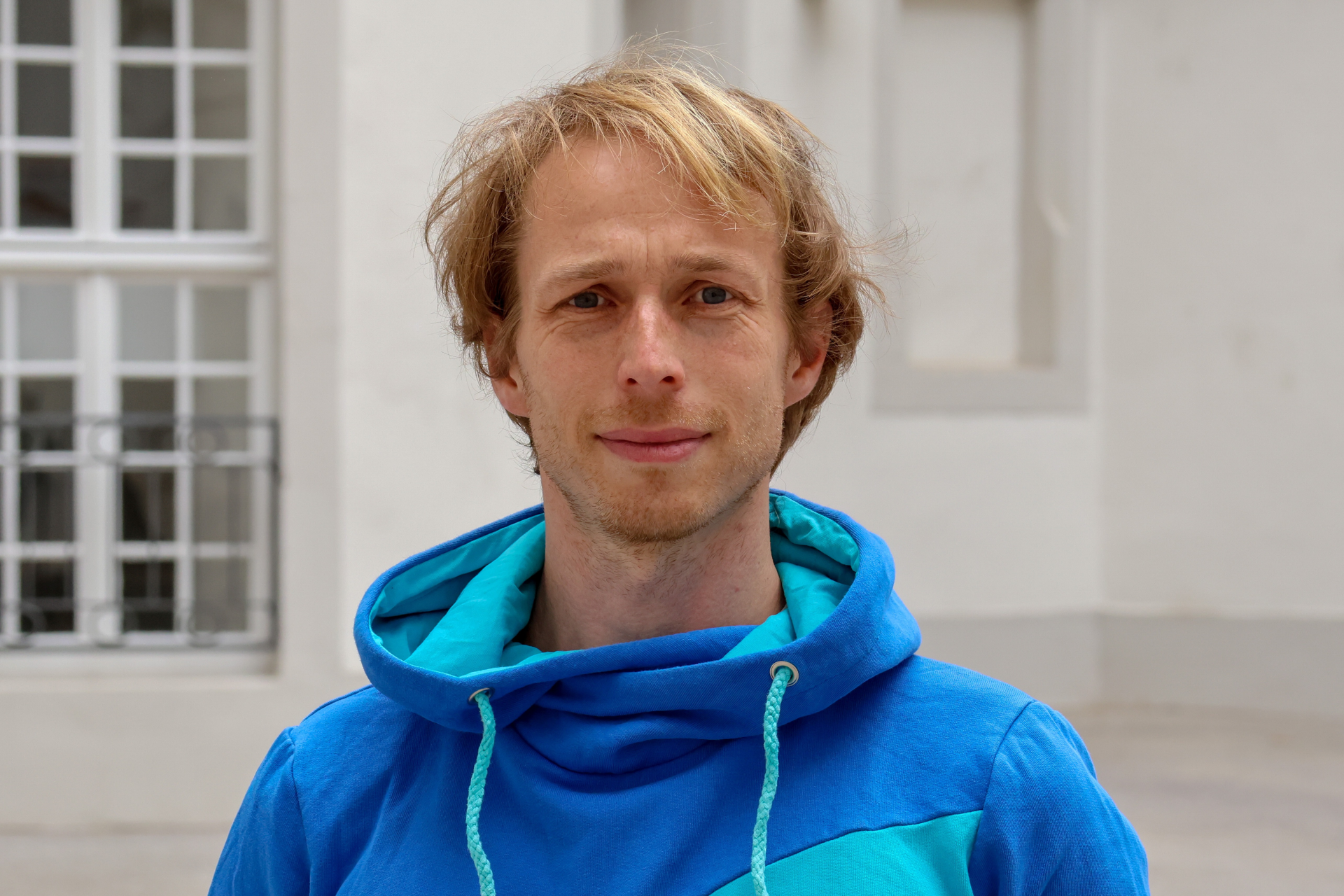Workshop: Každodenní proměny: Pohled obcí na (post)růstová propojení
CESCAME vás zve na wokrshop s Benediktem Schmedem! Připojte se k nám v Praze nebo online 28. dubna v 15:00 SELČ. Klikněte pro více informací a registraci.
Benedikt Schmid v dialogu s CESCAME:
Kromě našich veřejných akcí klademe v CESCAME velký důraz na hlubší intelektuální výměnu prostřednictvím interních čtenářských setkání. V loňském roce nás obzvláště zaujala studie Benedikta Schmida a Geralda Taylora Aikena „A critical view on the role of scale and instrumental imaginaries within community sustainability transitions research“, publikovaná v časopise Area. Tento článek vyvolal v naší skupině živou diskusi, a proto s nadšením oznamujeme, že Benedikt Schmid zavítá 28. dubna 2025 na Sociologický ústav, aby s námi sdílel svou expertízu.
Přijďte si poslechnout zajímavou přednášku a zapojit se do diskuse!
Kde: V Praze (Jilská 1, Akademické konferenční centrum) nebo online.
Kdy: 28. dubna 2025, 15.00—16.30 (SELČ)
Jak: Workshop bude probíhat jak prezenčně, tak online.
Pro účast se prosím zaregistrujte. V případě problémů s připojením k meetingu či dalších nejasností v průběhu workshopu se prosím obracejte na Karla Němečka: karelnemecek@mail.muni.cz. Děkujeme!
Kdo je Benedikt Schmid?

Benedikt Schmid má doktorát z geografie z Lucemburské univerzity a v současnosti působí jako postdoktorandský výzkumník na katedře geografie globálních změn na Univerzitě ve Freiburgu. Jeho výzkum se zaměřuje na roli místních institucí a komunitně řízených organizací v transformacích orientovaných na post-růst.
Text abstraktu v angličtině:
Everyday Transformations: A municipal lens on (post)growth (dis)entanglements
Economic growth serves as a core organizing principle in contemporary society, deeply embedding growth dependencies into its practices and institutions. This creates significant challenges for transformative efforts, as evidence increasingly highlights the counterproductive nature of prioritizing market performance over sustainability and justice outcomes. Importantly, however, significant swaths of practices and arrangements evade this logic—sometimes partially, unintentionally, or temporarily, sometimes substantially, deliberately, and enduringly. This contribution examines the complex social dynamics that reinforce, resist, adapt to, and ignore growth-based relations through a municipal lens—where clear, structural definitions of GDP growth are not easily translatable, and diverse practices that exist within and outside of capitalist relations are deeply entangled. By exploring two empirical examples—the common good-oriented district development of Kleineschholz in Freiburg, Germany, and the tentative institutionalization of Doughnut Economics in Tomelilla, Sweden—this presentation scrutinizes the heterogeneous alliances and negotiation processes behind these potentially transformative projects. Guided by the question of how to assess transformations as they unfold, this presentation aims to enhance our understanding of potentially post-growth-oriented dynamics in urban contexts.